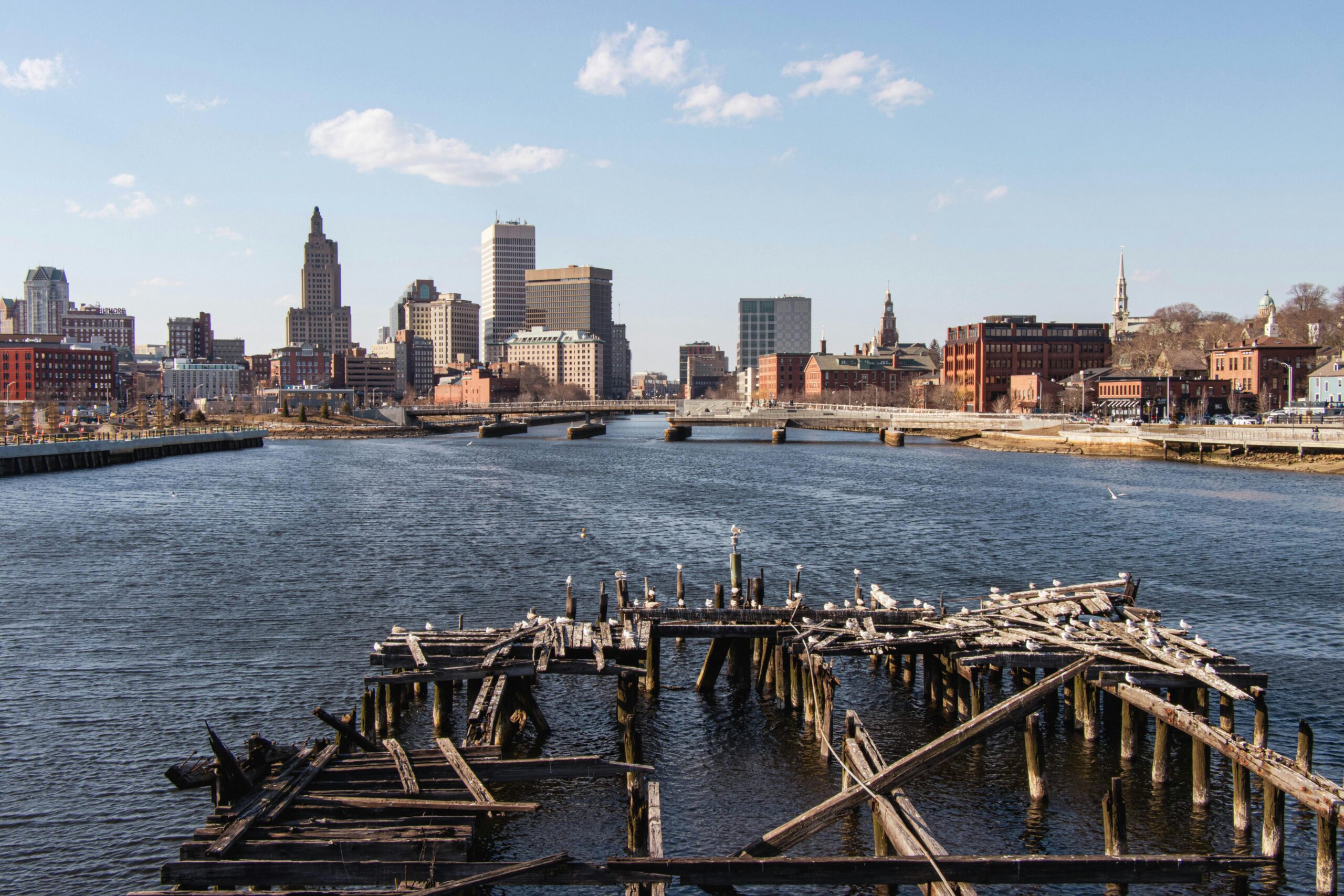Rhode Island’s State Planning Council has approved a $10 billion, 10-year State Transportation Improvement Plan (STIP) that focuses heavily on roads and bridges. The STIP 2026‑2035 must now meet a Sept. 30 deadline for federal approval, or the state risks losing vital federal funding.
The plan includes a federally required four-year capital improvement program (2026-2029) plus six additional years of projected transportation projects expected to receive federal, state or local funding. Developed in cooperation with metropolitan planning organizations and regional authorities, only projects in the plan can receive federal funding. This STIP includes hundreds of projects primarily designed to preserve and improve existing infrastructure, while also addressing safety, congestion, equity and environmental concerns.
The plan has drawn criticism for its lack of focus on sustainable transportation. Critics argue that the plan allocates only 12% of its funding to mass transit, biking and pedestrian infrastructure, favoring traditional car-centric projects instead. One State Planning Council member voted against the STIP, pointing to the need to shift toward more sustainable transportation options to meet climate goals.
The STIP prioritizes major highway improvements to address aging infrastructure and congestion. Headline projects include $144 million to complete missing highway connections between I-95 and Route 4, reducing travel time and improving safety, and over $300 million for Route 37 improvements across multiple phases. The largest investment—a $684 million project—will remove multiple bridges along I-95 and Route 10 between Providence and Warwick to reduce congestion and improve safety. Officials also plan to replace the westbound I-195 Washington Bridge, a $425 million project to enhance capacity and safety.
The STIP calls for the maintenance and improvement of road surfaces for safer travel, including a resurfacing project for I-95 and reconstruction of the Route 6/10 Connector. This plan includes multimodal projects, such as $32 million to improve the Washington Secondary Bike Path and $2 million for improvements to the Airport Connector.
The plan also covers stormwater management upgrades and coastal resilience initiatives to address environmental concerns, particularly around flooding, erosion and water quality. Officials are investing in public transportation. An initiative focused on improving commuter rail services between Providence and Boston is intended to increase frequency and reliability. Enhancements are also planned for the rail station at T.F. Green Airport to improve accessibility for passengers.
The STIP is primarily funded through federal formula grants, state funds and local contributions. Work is set to begin in FY 2026. Initial projects will focus on road repairs and bridge maintenance with later phases set to address transit upgrades and infrastructure improvements. The entire program is expected to be completed by 2035.
Photo by Phil Evenden from Pexels







